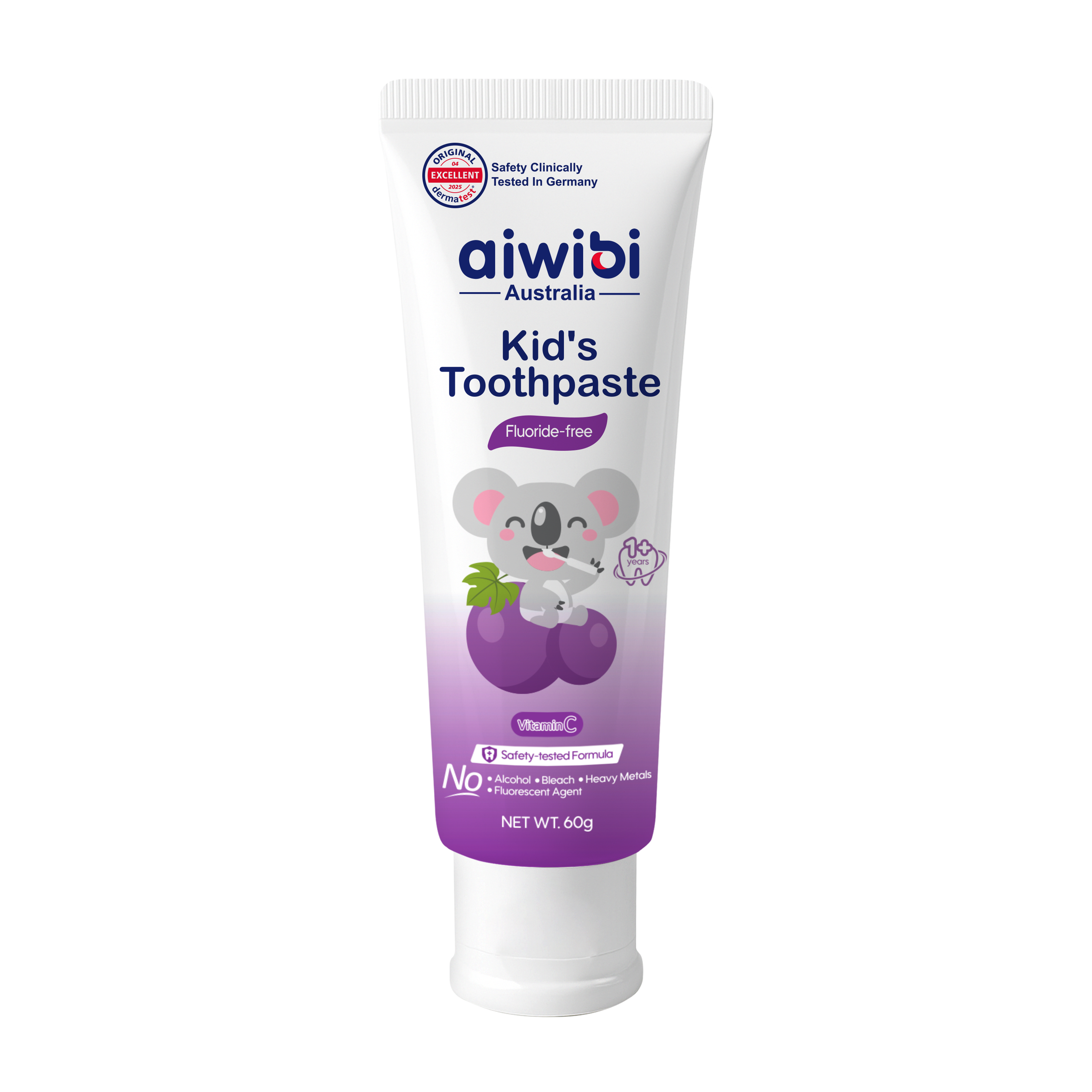“Why does my baby wake up so much during the night? Is this sleep regression?” You’re not alone. Many parents share the same confusion and frustration when their 6-month-old baby—who once slept through the night—suddenly begins waking up more often. Sometimes crying, sometimes just babbling to the ceiling at 2 AM.
Baby Sleep Regression Meaning
Sleep regression refers to a temporary phase when a baby who previously slept well starts waking up more often, resisting naps, or becoming fussier at bedtime.
- Putting your baby to sleep becomes more difficult. They resist sleep, get fussy, and even feeding doesn’t calm them.
- Night wakings increase. Your baby may wake every hour, crying or tossing around.
- Clinginess and crying rise. They may refuse daytime naps and need more comfort from you.

Don’t worry—your baby might be going through a baby sleep regression. These episodes typically last 1 to 4 weeks and tend to occur at certain sleep regression ages: around 4 months, 8 months, 11 months, 18 months, and 2 years.
Sleep Regression Ages and Their Causes
As babies grow, their sleep patterns naturally shift. Some changes are linked to clear developmental milestones, others just come and go without explanation.
Sleep Regression at 4 Months
At around 4 months, babies transition from newborn sleep patterns to more adult-like cycles. Their circadian rhythm starts to develop, but this also means they may wake more frequently at night and take shorter naps. This shift is permanent—but don’t panic! Even adults wake up at night; we just don’t remember because we fall back asleep easily. So instead of worrying about nighttime wake-ups, focus on helping your baby learn how to settle themselves back to sleep.
Sleep Regression at 8–10 Months
Between 8 to 10 months, your baby may be crawling, standing, teething, and absorbing language—all at once. These exciting changes may disrupt sleep and lead to fussiness during the day.

Sleep Regression at 11–12 Months
This stage is usually tied to nap transitions. If your baby suddenly resists their second nap, don’t rush to change their routine—most aren't ready for just one nap until at least 15 months old.
Sleep Regression at 18 Months
At 18 months, your toddler might be walking, talking, asserting their independence, or feeling separation anxiety. Teething (especially molars) can also affect sleep during this time.
Sleep Regression at 2 Years
The 2-year sleep regression may be linked to longer wake windows, major life changes like potty training or moving to a toddler bed, or vivid dreams and nightmares.

Understanding Your Baby’s Unique Sleep Patterns
1. Track Growth and Development
Healthy sleep supports healthy growth. Use growth charts and developmental milestones to assess if your baby is thriving overall.
2. Respect Sleep Style Differences
Each baby is different. Some are more alert or sensitive, which naturally impacts how much and how well they sleep.
3. Define Good Sleep Clearly
Don’t just count hours. A well-rested baby is alert, playful, and growing well. That’s what truly matters.
4. Embrace Your Baby’s Temperament
Some babies are more demanding or harder to soothe. That’s just their personality. Accepting this can ease your stress.
5. Look at the Big Picture
Sleep is connected to feeding, playing, and even diapering. A balanced daily routine supports better sleep naturally.
6. The Key to Good Baby Sleep?
A happy, thriving baby—not a perfect sleep score.
If your baby wakes up smiling and is developing well, you're doing great.
Final Thought: Don’t Stress Over Sleep Charts
Don’t let sleep charts and parenting books overwhelm you. Every baby is unique. Even adults have late nights or restless sleep!
Baby sleep regression is not a problem—it’s a phase. Focus on understanding your baby’s needs, not controlling their schedule.
Those reference times that make you anxious? They're just like adult sleep needs—some thrive on 8 hours, others are energized after just 5. What truly matters is finding the rhythm that works for both of you.








